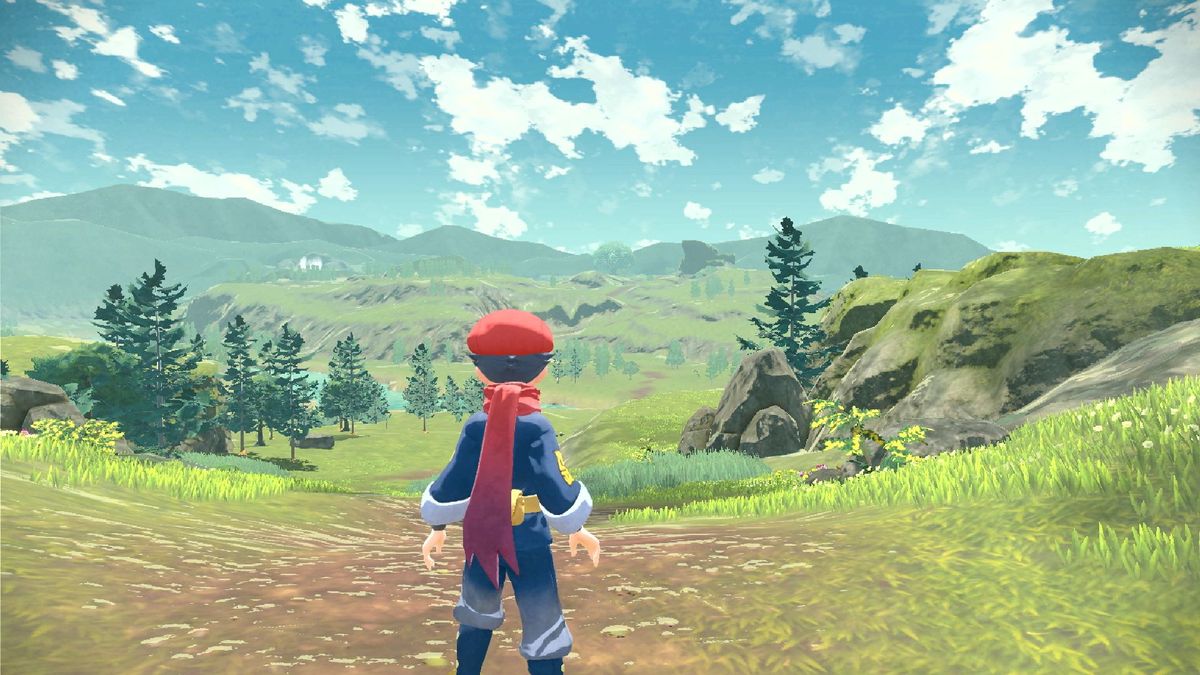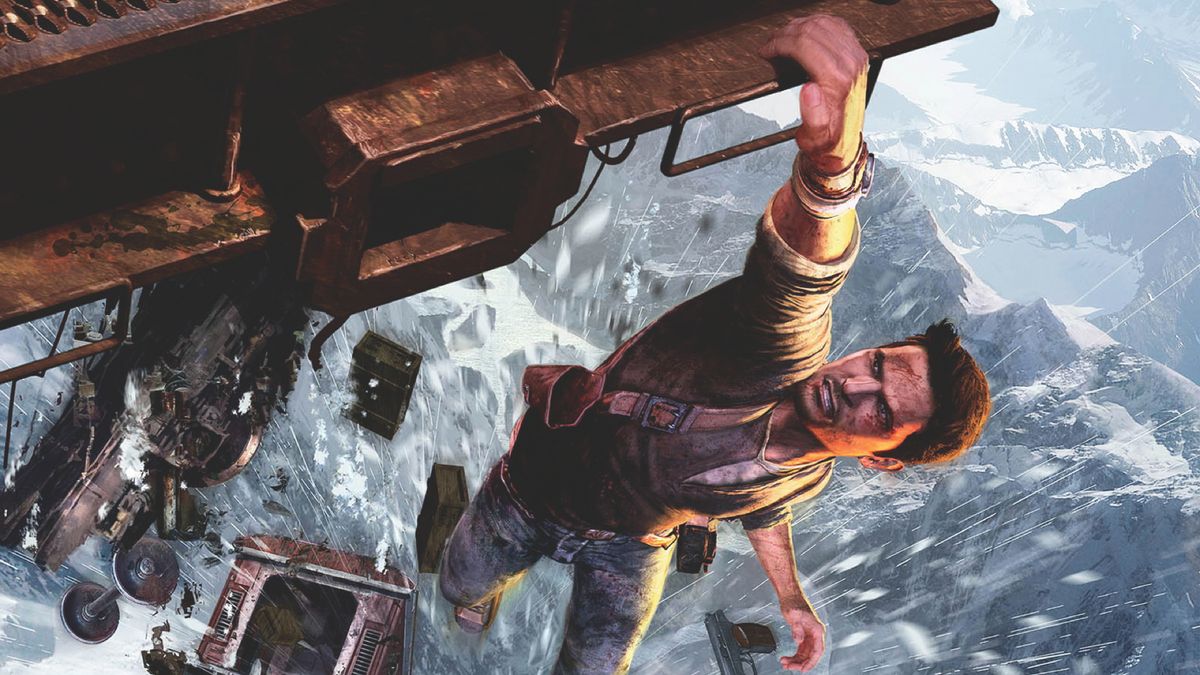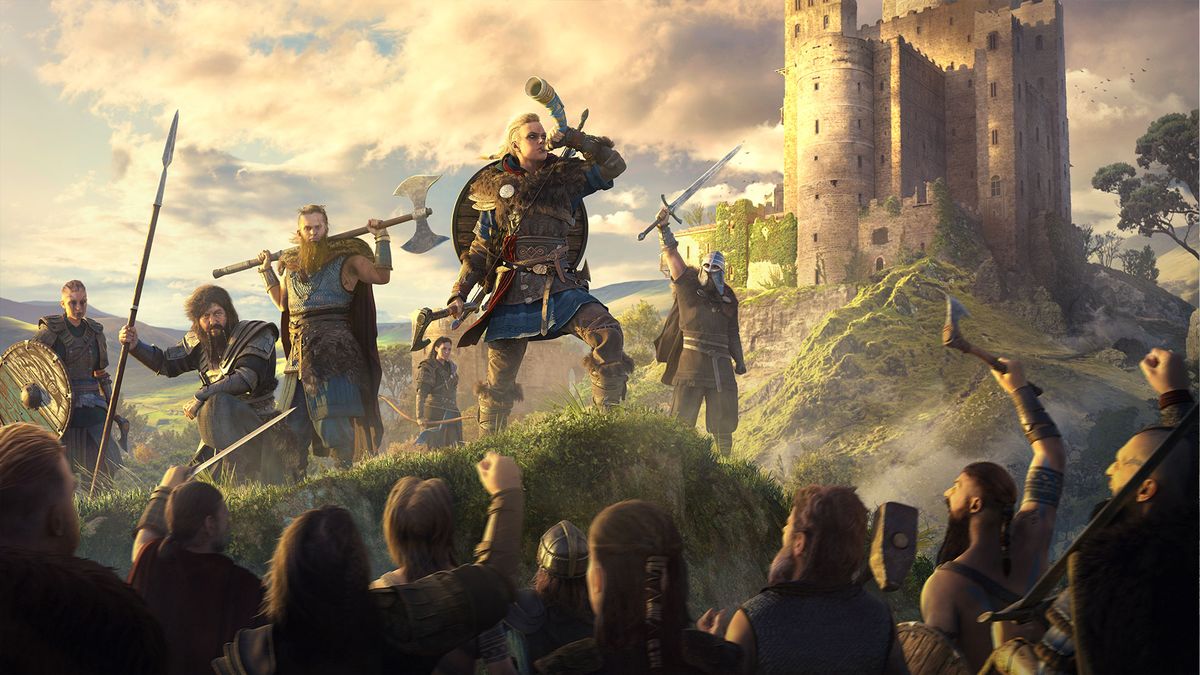Science fiction is full of evil geniuses, but not all sci-fi scientists want to take over the world. Here’s Alasdair Stuart’s tribute the boffins who wear white hats with their white coats
Firstly, whilst we accept Mr Stark’s formal protest that he should be on this list, and acknowledge his numerous inventions and breakthroughs, we’d also like to point Mr Stark to the “billionaire”, “playboy” and “philanthropist” sections of his self-written job description. Also, we’d like, at this time, to ask Ms Potts to get Mr Stark to sit down and be quiet. Again.
Hello everyone, welcome to the 10 best non-mad scientists in science fiction. These are the brave men and women who have not only seen the future but done everything they can to make it happen. These are the architects of the futures we love, covering everything from robotic psychology to dinosaur herding and how to fight irradiated bodysnatching aliens who’ve been here for the last few decades. So put your lab coat on and get ready for some brave new worlds, because we’re about to do science!
10 Alan Grant
Jurassic Park, Jurassic Park 3

(opens in new tab)
The grumpy, pragmatic half of the coin of science that is Jurassic Park , Alan Grant is the calm heart of the movie’s storm of panicky, stabby, screamy dinosaur goodness. Grant’s an interesting figure because in some ways he’s the least action-y action hero ever; after all, he does spend most of the movie solving problems passively and helpfully identifying dinosaurs for the other characters and us.
9 Harrison Blackwood
War Of The Worlds

(opens in new tab)
Remember the War Of The Worlds: The Resurrection TV show from 1989? Really? I’m sorry, because quite a lot of it was awful. However, the central premise (ethnically diverse team of scientists and soldiers fighting a resurrected alien menace) was sort of brilliant – imagine Torchwood with a Native American special forces operator and a disabled black martial artist hacker instead of a couple of the Welsh people and you’re basically there.
The series’ master stroke was Harrison Blackwood. An astrophysicist orphaned in the events of the original 1953 movie, Blackwood was raised by Doctor Clayton Forrester, the movie’s hero. Blackwood is one part Forrester and one part the Doctor; an endlessly pacifistic, smart man who is passionately interested in absolutely everything. This being the late ’80s, he’s written like an amiably lovable hippy kook but there’s a really interesting character there that remains one of the high spots of a show that varied from good to flawed to Dear God, WHY?!
8 Hari Seldon
Asimov’s Foundation series
Asimov’s other great scientist, Hari Seldon is an unusual combination of professional asskicker and mathematician. Raised on Helicon, a planet better known for its fighting prowess than its science, Seldon was a maths genius prodigy who perfected Psychohistory, the process of mapping the paths of future history through mathematical probability. This led to him working out not only when the Galactic Empire would fall but how to replace it in under a thousand years. Seldon’s incredibly ambitious plan unfolds across the original three Foundation books initially and have continued to spread through Foundation stories written by other authors and the rest of Asimov’s work. A literal architect of the future, he more than deserves his place on this list.
7 Susan Calvin
Asimov’s Robot series

(opens in new tab)
Susan Calvin, chief robopsychologist and reluctant student of the human condition, walks the line between scientist and doctor. The lead in many Isaac Asimov short stories, and several not by him, Calvin works at both US Robotics and Mechanical Men Inc., helping them understand not only what their robots are doing but why they’re doing it. She’s a fascinating figure, in many ways more cold and distant than anyone else on this list, but also far more closely connected to her work. Calvin is fascinated not only by robots but by the ethical perfection they represent and as a result she’s at the forefront of what will become the most important science of the next few centuries. Which isn’t bad for a character relegated to about sixty lines in the I, Robot movie is it?
6 Professor Bernard Quatermass
Quatermass
Rationalist, rocket scientist and occasionally Jason Flemyng, Professor Bernard Quatermass was created by author Nigel Kneale and fought Cthonic alien evil for decades. Quatermass acts as a constant; a still point of calm in a world where astronauts sent above the atmosphere return hideously changed. His designs are co-opted for unspeakable purposes and the original inhabitants of Earth are discovered in a crashed spacecraft found in the London underground. He’s also consistently cited as an influence on Doctor Who , to the point that the British Rocket Group, his organisation, are mentioned by name in “Remembrance Of The Daleks”, and are responsible for the ill-fated Mars probe in “The Christmas Invasion”. Which of course means that Quatermass must have been all over the successful landing of Curiosity on Mars…
5 Professor George Challenger
The Lost World
Conan Doyle’s other great creation, Professor George Challenger, is instrumental in the discovery of The Lost World, the plateau in South America where dinosaurs and other exotic animals still survive. This by itself would be enough to justify Challenger’s position on this chart but his other adventures make him a mortal lock. The Poison Belt follows the adventures of the character as Earth passes through a belt of poisonous radiation whilst The Disintegration Machine is one part industrial espionage, one part flat-out science fiction. The Land Of Mists is a little odd, to say the least, dealing with Challenger’s conversion to spiritualism but When The World Screamed more than makes up for it, with an approach to what the Earth is that would make Charles Fort proud. A troubled but still vital figure, Challenger deserves his spot in the top five. Plus he’s fairly handy and would probably beat us up if we didn’t put him here.
4 Carol Marcus
Star Trek

(opens in new tab)
In some ways the Irene Adler to Kirk’s Sherlock Holmes, Carol is arguably the least lucky Star Trek scientist. Sequestered away on a secret space station, with her distinctly bratty twentysomething son to deal with, Carol still manages to “create life from lifelessness”, then deal with it when Khan comes calling, then deal with the fact she’s just been rescued by an old boyfriend. Carol’s a tough, driven, incredibly competent scientist and in a kinder universe, she and her son would have the opportunity to enjoy their talents more. Instead, she was relegated to occasional references in the tie-in novels and David got very, very killed. They both deserved better.
3 Ian Malcolm
Jurassic Park

(opens in new tab)
Oh Jeff Goldblum, never leave us. Your distracted delivery and offhand comic timing have graced so many movies, from the second version of Invasion Of The Bodysnatchers to The Fly , Independence Day and The Tall Guy (not a sci-fi movie, but brilliant anyway). Arguably the most Goldlbum-y of Goldblum performances is this one; Professor Ian Malcolm, chaos mathematician and all-round science rock star in Jurassic Park (think Brian Cox if he’d been in Velvet Underground instead of D:Ream). Malcolm’s black and grey outfits, perennial charm and constant massive state of satisfaction with himself give the original movie most of its best jokes and the heart of its central debate; whether the park should exist at all. Malcolm’s combination of adoration for, and horror at, life’s tenacity is one of the film’s driving forces and for that he makes the top three. Plus, it’s Jeff Goldblum!
2 Reed Richards
Fantastic Four

(opens in new tab)
The head of the Fantastic Four gets the number two slot because he’s incredibly interested in everything, in every universe he exists in. He’s also a fiercely nice, if occasionally misguided (that whole building a prison in the Phantom Zone thing) genius who wants to do nothing more than help people. Mark Waid and Mike Wieringo’s Fantastic Four run makes this explicit, with Reed quietly crippled with guilt over the accident that gave them their abilities and intent on making sure his family have the best life they possibly can to try and make up for it. Likewise, Jonathan Hickman’s vastly ambitious run sees Reed interacting with a council of Reeds from different universes to solve problems. And let’s not forget that when he was written by Stan Lee and drawn by Jack Kirby back in the ’60s, he seemed to intent on recreating the mammoth Krell machinery from Forbidden Planet every month. Regardless of who he’s written by though, “Stretch” remains one of the most versatile and basically likeable geniuses on this list.
1 Kevin Flynn
Tron

(opens in new tab)
Greetings, programs! Flynn makes the top spot here simply because no one else on this list has successfully discovered an entire stable ecosystem unlike anything else in history and then got themselves trapped in it. Flynn’s scientific method clearly leaves a lot to be desired, and there’s that whole “accidentally lets program avatar loose to become digital dictator” thing, but his motives remain pure. What starts out as an attempt to strike back against the big business that junked him turns into a chance to change the world and Flynn grabs that light cycle of opportunity and rides it all the way home. The old man’s going to go knock on the sky, and, especially if Tron 3 ever happens, we’ll be right there with him.
Digital life, robotic psychology, honking great dinosaurs and life from lifelessness – we cover it all in our Top Ten non-mad scientists. And yes, Mr Stark, we know they didn’t privatise world peace, you did. We’re all very impressed. Ms Potts, if you would? Thank you.
 Game News Video Games Reviews & News
Game News Video Games Reviews & News



